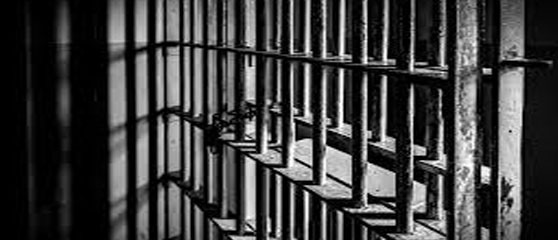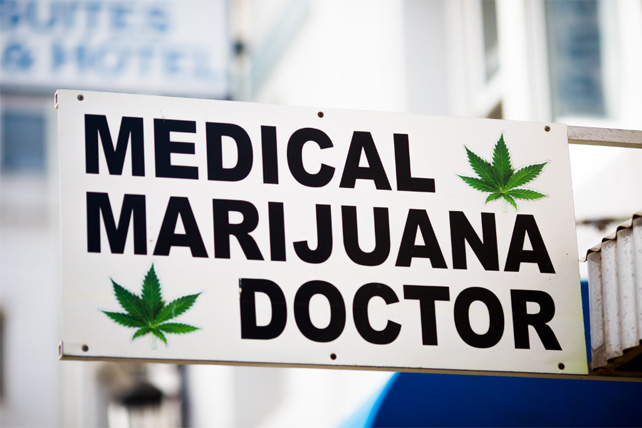TalkingDrugs has translated and published the position of Anya Sarang, director of Andrey Rylkov Foundation (recognised as a “foreign agent” in Russia), on Russia's war against Ukraine. The Andrey Rylkov Foundation promotes more tolerant and human drug policies in Russia, as well as support for people suffering health-related issues from drug use. The original text was published on Anya’s personal Facebook page.
Colleagues drew my attention to the fact that I still have not published my personal position on the war in Ukraine. My public position on the criminal actions of the Russian government has remained unchanged for more than twenty years.
The work of our organisation in 2009 began with the publishing of a posthumous interview with my friend Kostya Proletarsky, in which he reported on tortures in gas chambers in the Karelian prison, the Onda camp. Half a year after his release from the prison, Kostya died of AIDS-associated tuberculous meningitis, which turned out to be incurable for him, because the government of the Russian Federation did literally everything to make sure the diseases of poverty kill people. Kostya's story spread all over the world, people shuddered at her cruelty, but continued to believe that the situation could be corrected, and the torture and murder of tens, and after hundreds of thousands of people were an accident. Since then, we have continuously documented, systematised and submitted reports to all UN treaty and other bodies, providing detailed testimonies of systematic torture, cruel inhuman treatment, arbitrary detention and imprisonment, rape and other types of violence against women, violation of the children’s rights, inflating dehumanising attitudes and hatred towards the vulnerable population, the so-called "drug addicts". The size of this group in Russia already in the mid-2000s was about 5 million – this is the population of the country – more than the population of Georgia. People with whom for decades you could do anything. A systematic archive of documentation of crimes against this group has been maintained and transferred to the Canadian HIV/AIDS Legal Network and continues to be updated.
On the good side, we never retreated from our position and never took part in any collaborationist programs and events, despite the huge pressure from international and private donor organisations. We have never received any money from the Russian government and have refused all forms of interaction except litigation and medical referral of our sick clients at the grassroots level. We explained to all donors who demanded from us to establish a "dialogue with the government" and a "mutually beneficial cooperation", or to try to "find a common language", that collaborationism is impossible for us, and so we did not participate in these projects. We called the attention of international organisations to criminal activities and demanded that forcing cooperation with the local grassroots initiatives not be put as a condition for receiving grants. Today I am ashamed that we did not demand it loudly enough, I am very sorry that at the level of the Global Fund it was not possible to achieve a significant and structural understanding that civil society organisations working within dictator’s regimes should not be required to cooperate, build a dialogue with the regime and beg him for money. To date, this requirement is embedded in all grant structures and it has never been possible for us to participate, for example, in regional projects of the Global Fund.
I am very grateful to our team for their complete unanimity – we never had to reach any compromises, argue or disagree with each other, although it was always very difficult to find money for our work. But we all saw with our own eyes the extermination of people, which, under the guise of a "war on drugs", was carried out on the territory of Russia for a long time. This war has claimed the lives of not only our friends and our loved ones, but also hundreds of thousands of peaceful and innocent people.
On the negative side, our testimonies and documentation of crimes against civilians, our call to refuse cooperation with the criminal government were not heard by the UN, international organisations, or private donors. Not after 2009, when the Russian Ministry of Health loudly proclaimed an ideological turn away from evidence-based medicine; not after 2014, when more than a thousand patients from the Crimean OST programme were thrown out into the street, or after the downed MH-17 plane investigations. Colleagues continued to convince us that we were simply doing something wrong, that somehow we were not working wisely enough, and that we just had to try harder.
Today our position is becoming clearer, but it came at too high of a cost. I am not saying that we could have prevented a war and a terrible tragedy that is too difficult to talk about, but it seems to me that if international structures and philanthropists had the habit of listening more to the voices of grassroot organisations, some serious political miscalculations and illusions could have been avoided. At the same time, when analysing, I am not trying to condemn anyone, I understand that it was very, very difficult to believe in the pure evil until the events of the last month. My position has not changed, it has now just become more understandable. I really want to believe that peace is inevitable and I really want to work hard to get to it.
Our team does not stop working in Russia, and we urge to draw the attention of the world community that the territory of Russia is also a zone of humanitarian catastrophe – we are preparing to live in a military dictatorship regime and do not know how long we can continue our work to save lives. We are very scared and we have long forgotten how to hope for something. But the courage and heroism of our Ukrainian comrades gives us new strength. With the most sincere prayers, Glory to Ukraine!
*Anya Sarang, harm reduction expert, director of the Andrey Rylkov Foundation, recognised as a “foreign agent” in Russia.


